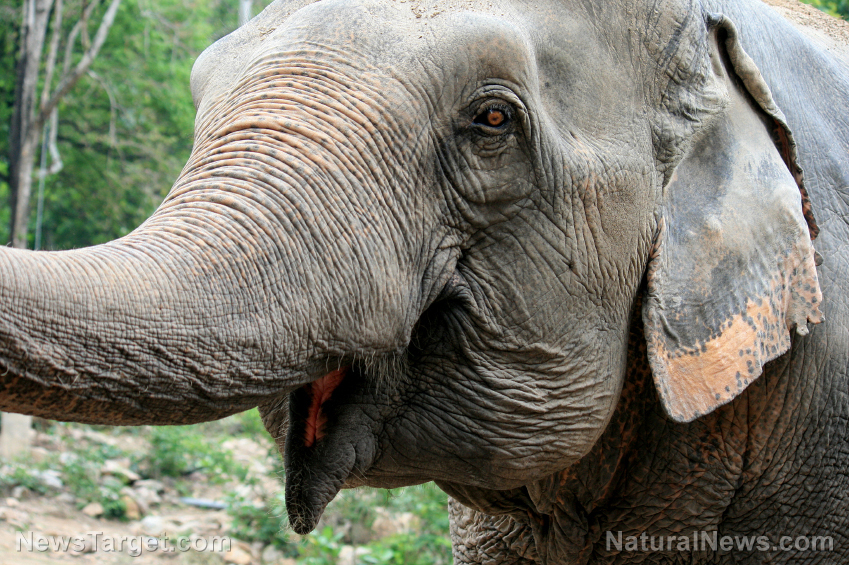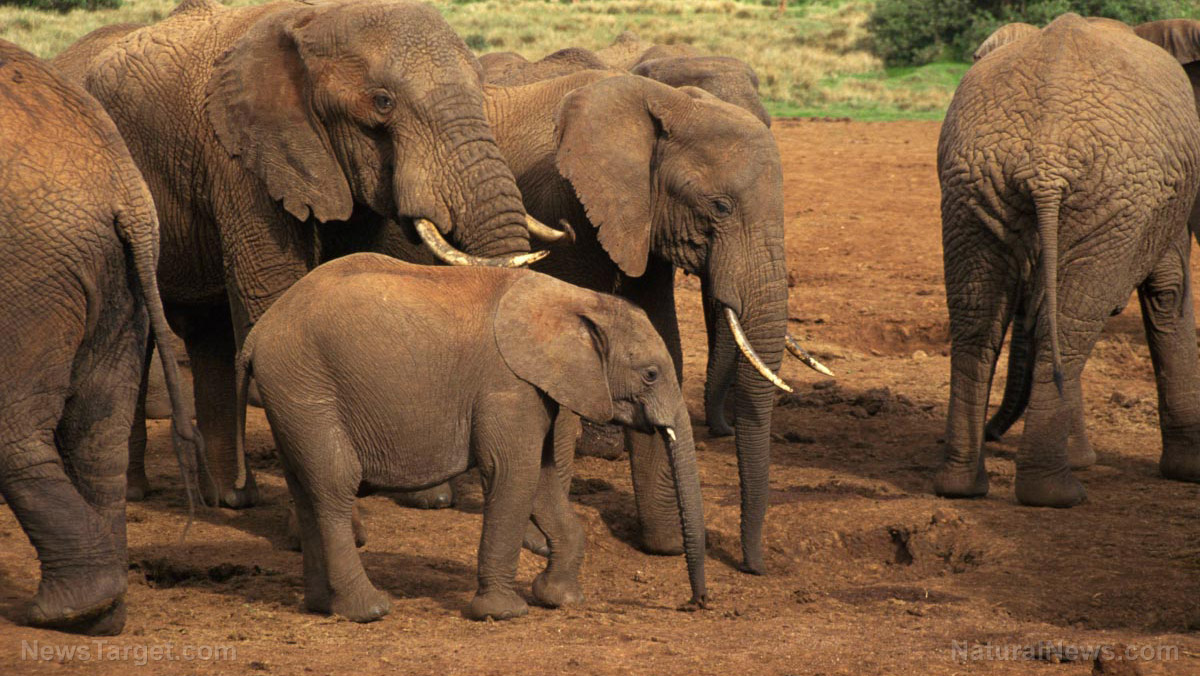
The study was conducted by researchers from the University of Turku in Finland. They investigated a population of Asian elephants in Myanmar that worked in the state-sponsored timber industry.
According to the researchers, these elephants manifested their personalities through three different factors – attentiveness, sociability and aggressiveness. For comparison, psychologists currently believe the structure of human personality is made up of five traits – extraversion, agreeableness, openness, conscientiousness, and neuroticism.
Individual behavior also varied. Be it elephant, human, or other, some representatives are braver, more social, or aggressive than the rest of their species.
"These kinds of consistent differences in behavior are called personality," said Martin Seltmann, a member of the Department of Biology at the University of Turku and primary author of the study.
"Personality studies on other species than humans have so far focused on primates, pets, and zoo populations, or on species that have a relatively short lifespan. Besides humans, personality studies on other long-lived species living in their natural habitat are rare," he said.
Having identified the different personality factors of Asian elephants, Dr. Seltmann and his colleagues also found that male and female elephants share the same three factors.
"Attentiveness is related to how an elephant acts in and perceives its environment. Sociability describes how an elephant seeks closeness to other elephants and humans, and how popular they are as social partners," he explained.
"Aggressiveness shows how aggressively an elephant acts towards other elephants and how much it interferes in their social interaction," Dr. Seltmann concluded. (Related: Unconditional love: Companion pets found to ease symptoms, speed recovery from mental health conditions.)
Elephants and humans are very similar
The study took place from 2014 to 2017. It analyzed the behavior of more than 250 semi-captive timber elephants who lived in their natural habitat.
Its findings were published in Royal Society Open Science.
"The elephants work in the timber industry, pulling logs from one place to another. This is a very unique research environment and population, enabling us to study several hundreds of elephants," remarked Dr. Seltmann.
Each elephant worked with its own personal human rider. Called mahouts, they began training at a young age and are partnered with one animal. The bond between mahout and elephant can last throughout the lifetimes of both partners. A rider knows his animal like the back of his hand.
Since the animal can't talk, the researchers relied on the mahouts to provide detailed information on the personalities of their elephants.
Mahouts assessed the behavior of their elephants according to a list of 28 traits. They used a four-point scale to rate how often their animals repeated certain behaviors.
"We met elephants that were clearly more curious and braver than others. For example, they always tried to steal the water melons that were meant as rewards," noted Dr. Steltmann.
The research team pointed out the similarities between elephants and humans – both species live for many years; they usually have a single offspring at a time; and the child depended on its mother and female relatives for long periods of time.
"Living in complex social environments could be a reason why both species have developed such complex personality structures," theorized Mirkka Lahdenperä, one of Dr. Steltmann's fellow researchers.
The researchers hope their findings will encourage interest in the conservation of Asian elephants, as well as improving the well-being of the timber elephant population in Myanmar.
Read about other remarkable discoveries at Scientific.news.
Sources include:
Please contact us for more information.























